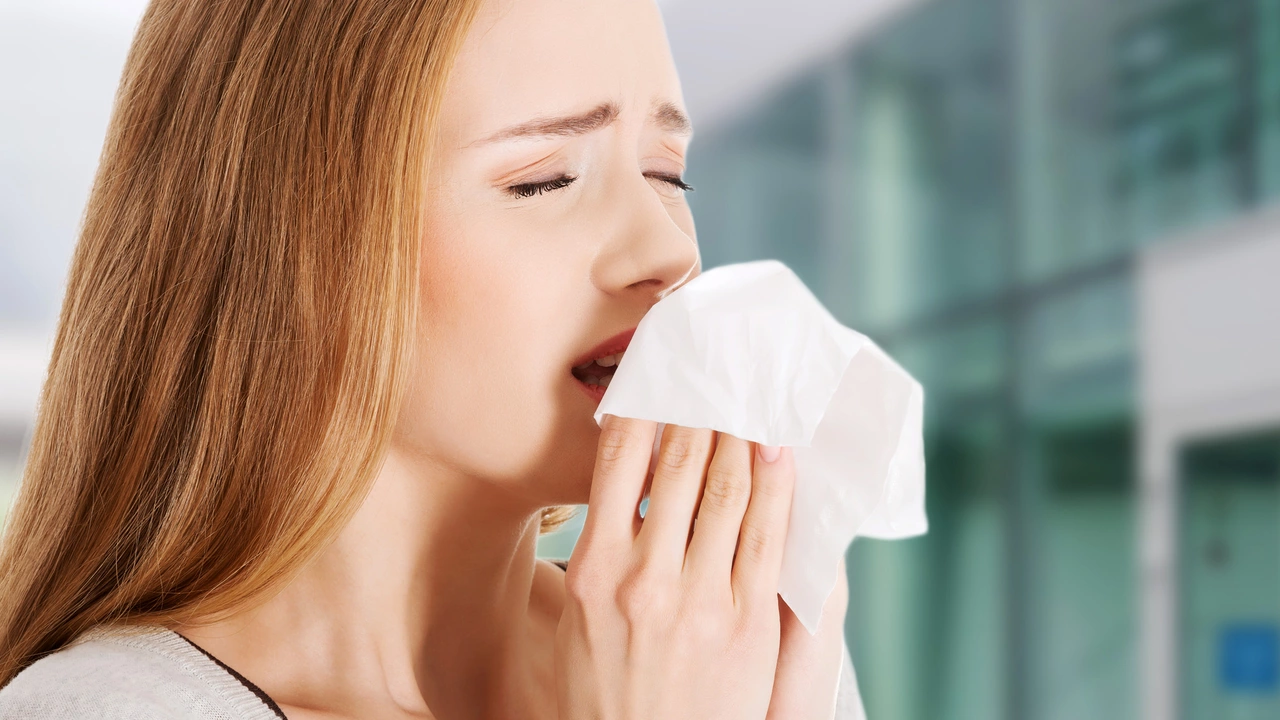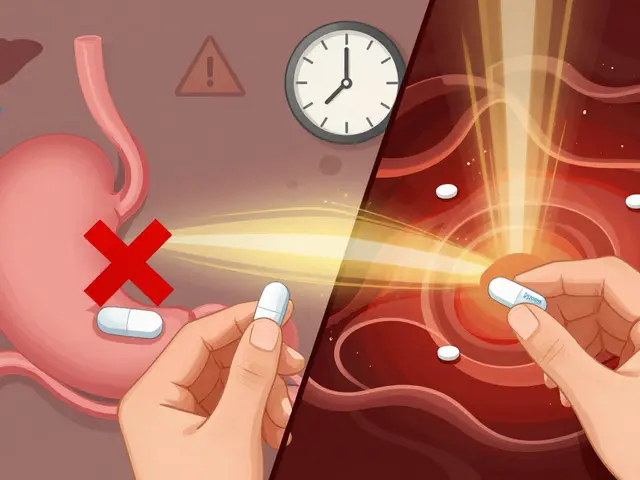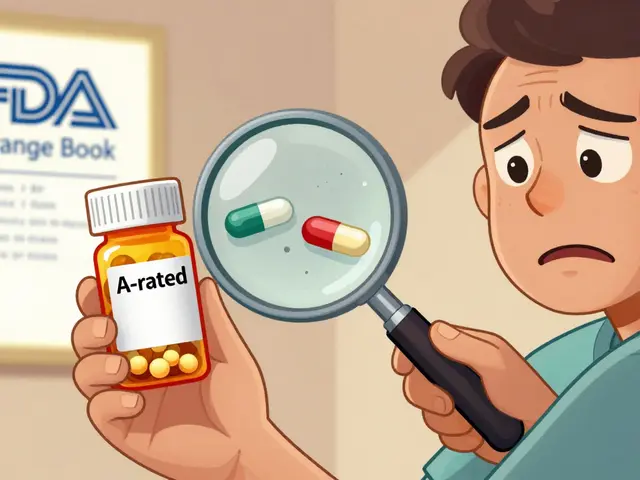Sneezing Effects: What Happens to Your Body When You Sneeze
Sneezing is a sudden reflex that clears your nose and throat. It shoots air and droplets out at high speed and often feels dramatic. Most sneezes are harmless, but they do cause short‑term changes in your body you should know about.
Common immediate effects
When you sneeze, your chest and diaphragm contract hard. Air leaves your lungs fast, which can feel like a mini workout for your chest muscles. Your eyes usually close automatically because facial muscles contract; that's normal and keeps debris out of your eyes. Pressure in your ears rises for a moment, which can make your ears pop. Sneezes also force mucus and irritants out of the nose—helpful for clearing allergens or dust.
Blood pressure and heart rate change briefly. A sneeze can trigger a tiny shift in blood pressure or a short change in heart rhythm, but in healthy people this passes in seconds. The myth that your heart stops when you sneeze is false; your heart doesn't stop, though you may feel an odd pause.
Sneezing spreads droplets. If you have a cold or allergy, a sneeze can fling germs several feet. Covering your mouth with a tissue or the inside of your elbow lowers transmission and protects people around you.
When sneezing becomes a problem
Most sneezing is harmless, but frequent or violent sneezing can cause real issues. Strong, repeated sneezes have been linked in rare case reports to things like cracked ribs, torn abdominal muscles, or a small air leak in the chest (pneumothorax). Holding a sneeze can force air into your ear or sinuses and may cause ear pain or damage. Never stifle a sneeze by pinching your nose and closing your mouth.
See a doctor if sneezing comes with severe headache, vision changes, persistent nosebleeds, trouble breathing, or coughing up blood. If sneezing wakes you at night often or stops you from functioning daily, it could be uncontrolled allergies or a chronic sinus issue that needs treatment.
For everyday relief, try avoiding known triggers like pollen, smoke, or pets. Over‑the‑counter antihistamines help many people with allergy sneezes. Nasal saline rinses remove irritants and reduce sneezing more gently. If OTC options fail, talk to a pharmacist or doctor about prescription nasal sprays or allergy testing.
Quick tactics that help in the moment: rinse your nose with saline, sip water, or breathe through your mouth until the urge passes. A cool compress on your face can calm irritation from sinus pressure. For long-term control, keep indoor air clean with HEPA filters, wash bedding weekly in hot water, and shower after outdoor pollen exposure. If sneezing ruins sleep or work, ask your doctor about allergy shots (immunotherapy) or prescription nasal steroids — can cut sneezing by months to years when allergies are the cause.
Finally, protect others when you sneeze: use tissues, discard them, wash your hands, or sneeze into your elbow. That small habit cuts virus spread and keeps your friends and coworkers healthier.

Sneezing and mental health: can sneezing affect your mood?
Alright folks, here's a quirky topic for you - can your sneezes really impact your mood? As wild as it sounds, there's actually some science behind this! Our brain releases feel-good chemicals called endorphins when we sneeze, causing a brief, albeit real, mood boost. It's like a mini mental health pick-me-up delivered by your own body, who knew? So next time you feel a sneeze coming on, embrace it and let the good vibes flow!
View More




